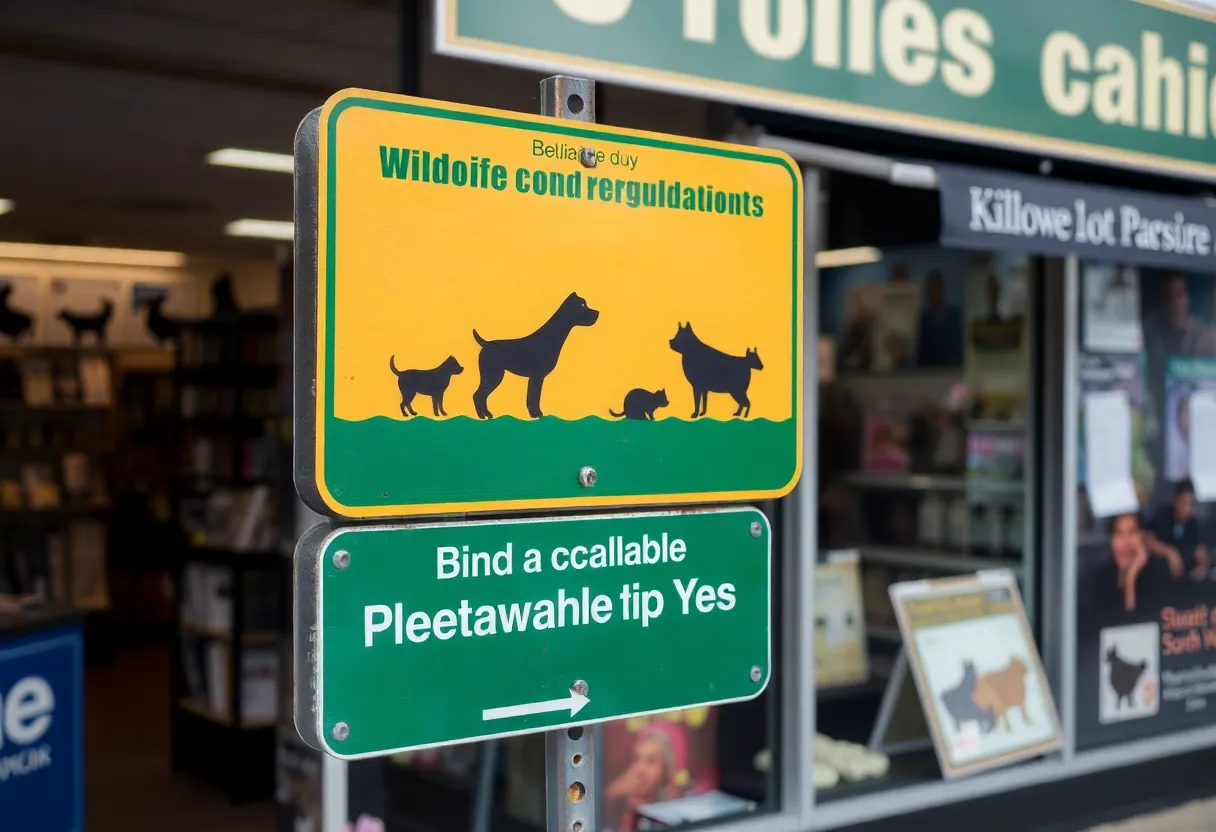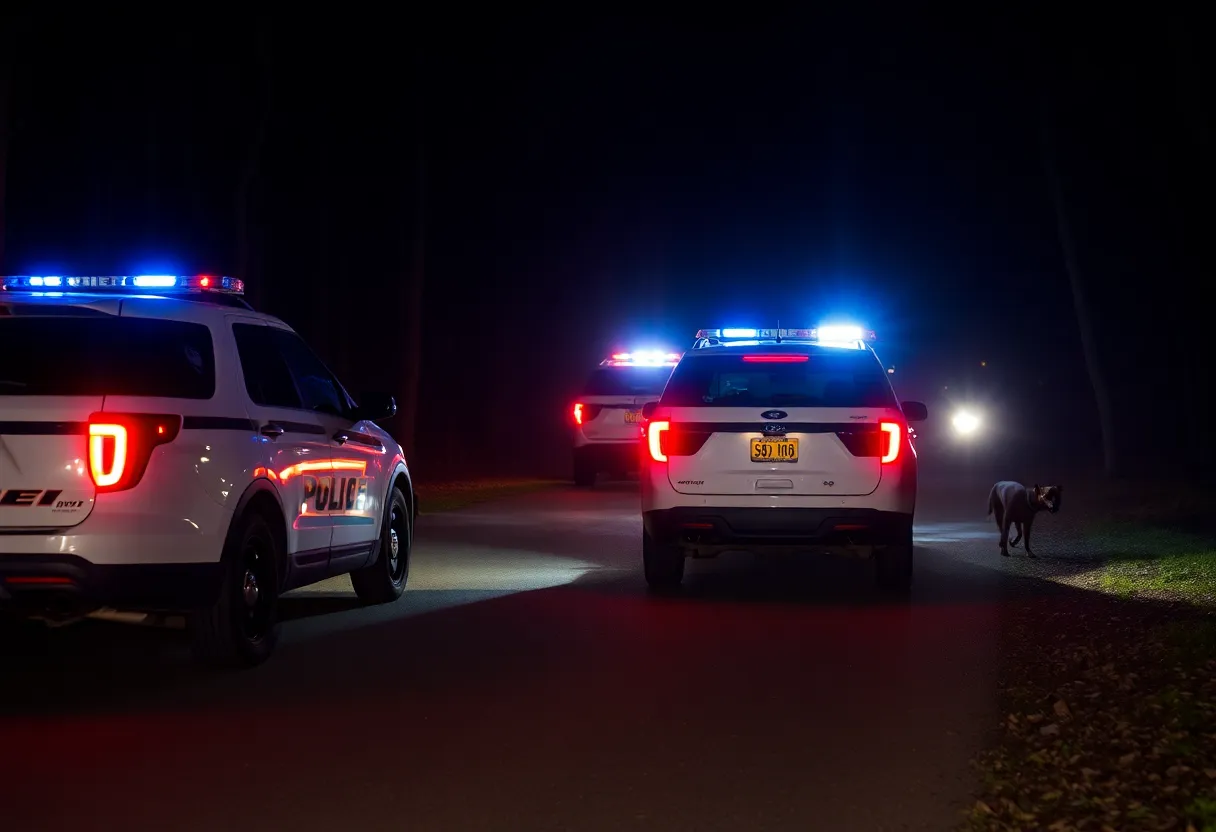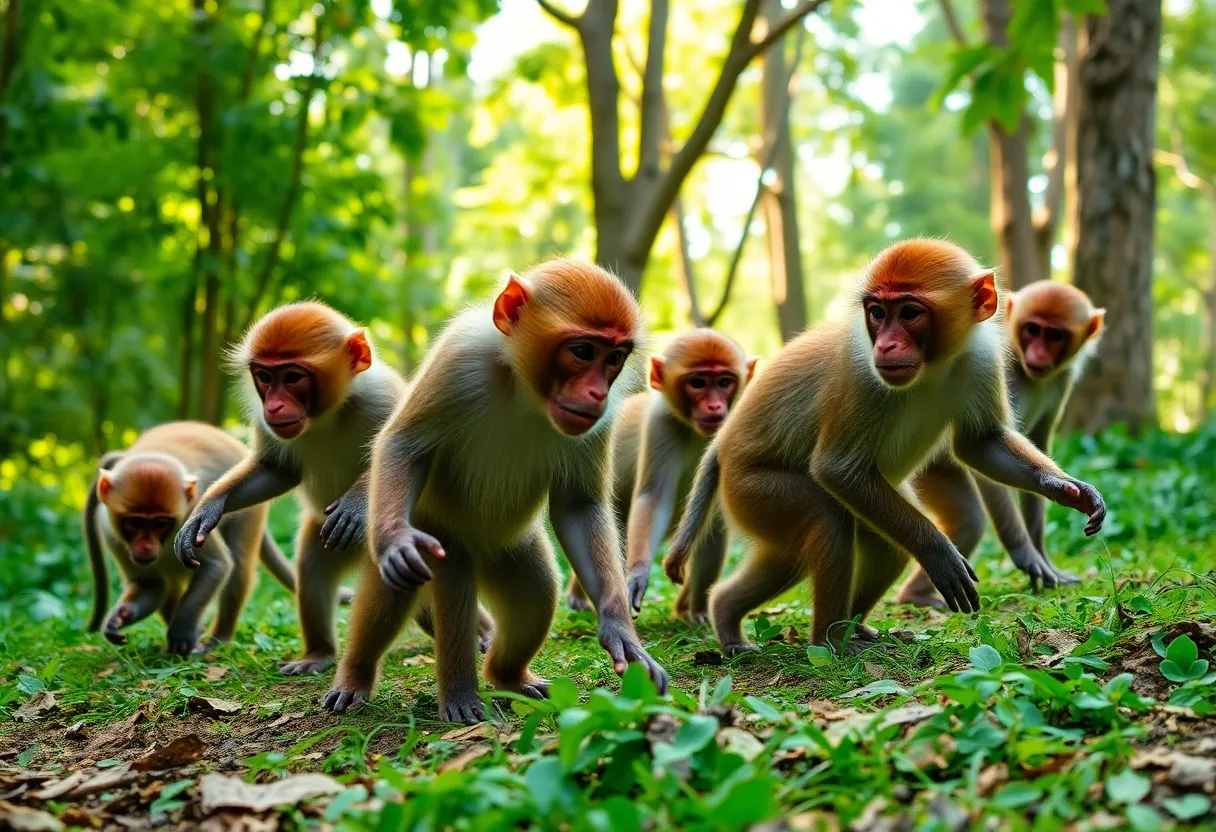Regulations on Exotic Pets in Beaufort, South Carolina
Beaufort, S.C. — In South Carolina, the debate regarding exotic pets has gained attention as residents explore the implications of keeping animals like tigers, bears, and great apes as pets. While the state has relatively lenient laws regarding exotic animal ownership, regulations are in place to ensure public safety and animal welfare.
Who is affected?
The residents of Beaufort County and nearby regions, such as Colleton, Jasper, and Hampton counties, are looking into the ownership of exotic pets and what that entails.
What are the laws?
In South Carolina, a key regulation prohibits the sale of flesh-eating mammals other than domesticated dogs, cats, and ferrets. This encompasses a broad range of animals, including both wild and hybrid species that may have inherited traits from wild ancestors.
While it is still legal for individuals to keep these flesh-eating mammals as pets, many experts, including the South Carolina Department of Public Health (DPH), caution against it due to health risks. The DPH discourages residents from owning these types of animals, highlighting a lack of approved rabies vaccines for exotic pets.
Where are these rules applicable?
The aforementioned rules apply across the state, particularly in local jurisdictions like Beaufort County. It is essential for individuals considering an exotic pet to check with their local authorities to understand specific regulations and permits that may be required.
When do regulations take effect?
These regulations are already in effect, with enforcement in place for anyone who chooses to own exotic pets. The nature of these laws means they are continually updated as awareness around wildlife safety and public health issues evolve.
Why are these regulations important?
The DPH emphasizes the health risks associated with owning exotic pets. Notably, the unknown rabies risk poses a significant concern. The DPH’s website states that it remains uncertain how long some species can carry the rabies virus before showing symptoms. Unlike domestic pets, there is no option for quarantining these animals for observation. Instead, health officials must conduct brain tests for rabies, underscoring the seriousness of the health risks these animals may present.
Additionally, as exotic pet ownership grows in popularity, there is an increasing need for public safety measures to prevent injuries or zoonotic diseases—illnesses that can be transmitted from animals to humans.
Conclusion
As Beaufort area residents consider the allure of owning exotic pets like tigers and bears, it is crucial to remain informed about the laws and health implications associated with these choices. The DPH’s guidelines serve as a reminder that while the exotic pet market may seem appealing, potential owners must recognize the responsibilities and risks involved in caring for such animals. Local governments play a vital role in establishing regulations that protect both the community and the welfare of the animals.







